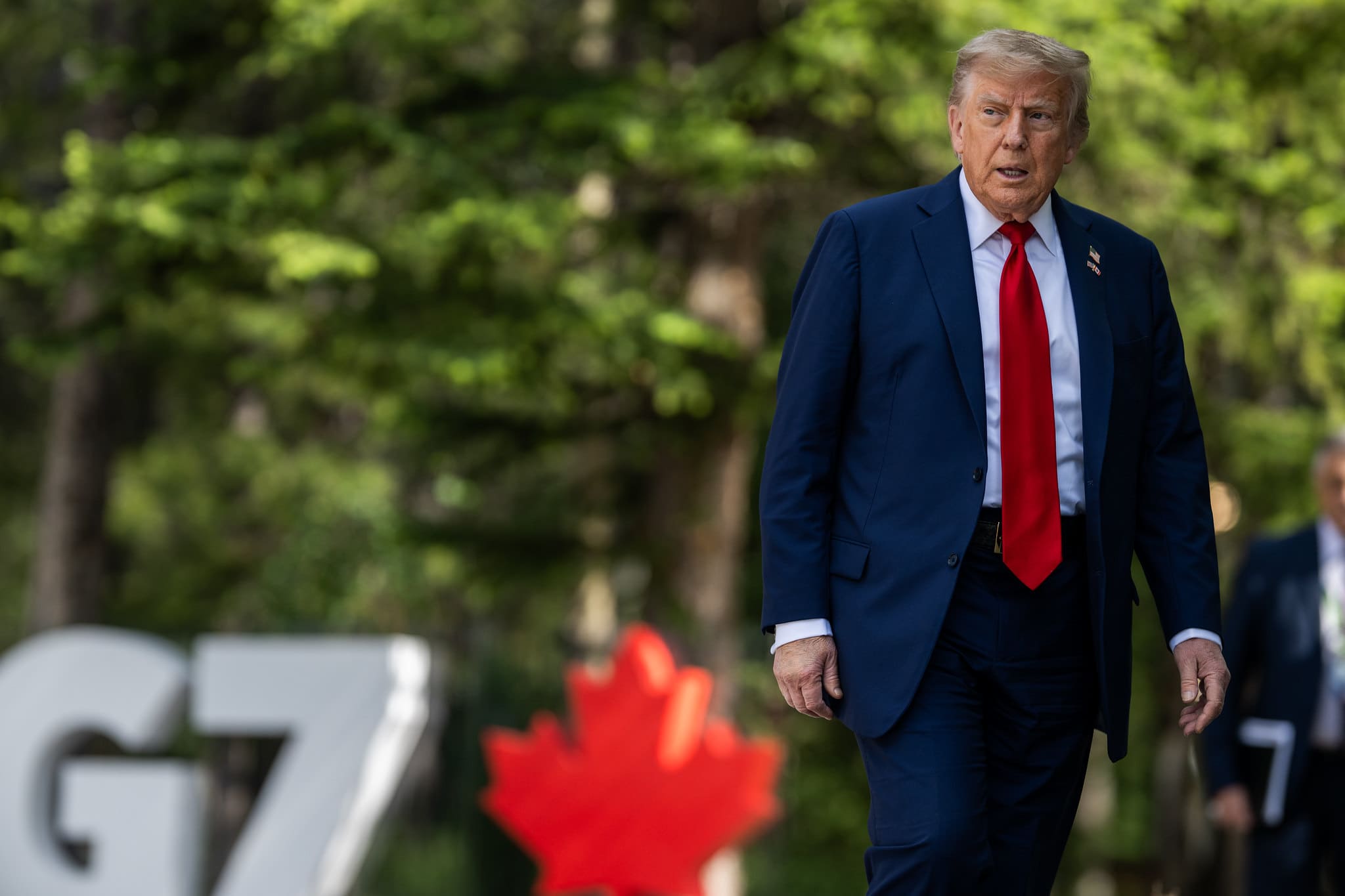
Official White House Photo by Daniel Torok
Trump Threatens 100% Tariffs on Countries Trading with Russia
Donald Trump has issued a strong warning to countries maintaining commercial ties with Russia, threatening to impose 100% tariffs on exports from nations that continue trading with Moscow — particularly in critical sectors such as energy, agriculture, and arms.
This move does not directly target Russia but aims to economically pressure its global partners. Trump described these as “secondary tariffs,” meant to raise the cost of doing business with the Kremlin and deter ongoing cooperation.
China and India: Energy in the Crosshairs
Following Western sanctions over the war in Ukraine, China and India became Russia’s largest crude oil buyers, accounting for 85–90% of Russian oil exports. The proposed U.S. tariffs could heavily disrupt their energy sectors and create ripple effects across global supply chains.
Turkey: NATO Member, Russian Ally
Turkey, despite being a NATO member, maintains strong energy ties with Russia, particularly in natural gas. Any new tariffs could disrupt Turkish energy imports and challenge its balancing act between East and West.
UAE: The Financial Conduit
The United Arab Emirates, while not a major Russian energy consumer, plays a critical role in facilitating international energy trade and financial transactions involving Russia. Secondary tariffs could undermine this financial infrastructure and affect its geopolitical influence.
Brazil: Fertilizer Dependency Raises Alarm
In Latin America, Brazil stands out as one of the most vulnerable. It is the largest buyer of Russian fertilizers, essential for maintaining its exports of soybeans, sugar, and coffee. A 100% tariff could deal a severe blow to Brazil’s agribusiness and global food security, particularly given the country’s reliance on discounted Russian fertilizer.
Vietnam and Thailand: Neutral but Exposed
Vietnam and Thailand, both of which have tried to maintain neutrality in the Ukraine conflict, could find themselves in a precarious position. With key trade ties to Russia in energy, defense, and tourism, both countries may face economic backlash under Trump’s proposed sanctions.
Russia Shrugs Off Threat
Russian officials have dismissed the warnings as “unacceptable.” Surprisingly, markets responded positively: the Moscow stock exchange rose 2.7%, and the ruble appreciated against the dollar — signaling confidence in Russia’s economic resilience.
Geopolitical and Economic Realignment Ahead
If implemented, these tariffs could reshape global trade relationships, forcing countries to reconsider their supply chains and diplomatic alliances. The situation remains fluid, and the coming weeks will be crucial in determining the extent and impact of Trump’s threat.
Money In Focus will continue to monitor developments and their implications for international trade and economic diplomacy.
Would you like this adapted into a LinkedIn post, newsletter summary, or magazine headline as well?
-

NEWSROOM
We are a dynamic daily channel dedicated to delivering essential insights on economics, business, and politics—empowering professionals and decision-makers to navigate a complex and fast-evolving world. Our content blends in-depth reporting, exclusive analysis, and strategic interviews to help readers stay informed, anticipate opportunities, and make smarter decisions. Connect with us at info@moneyinfocus.news
to collaborate or learn more.














